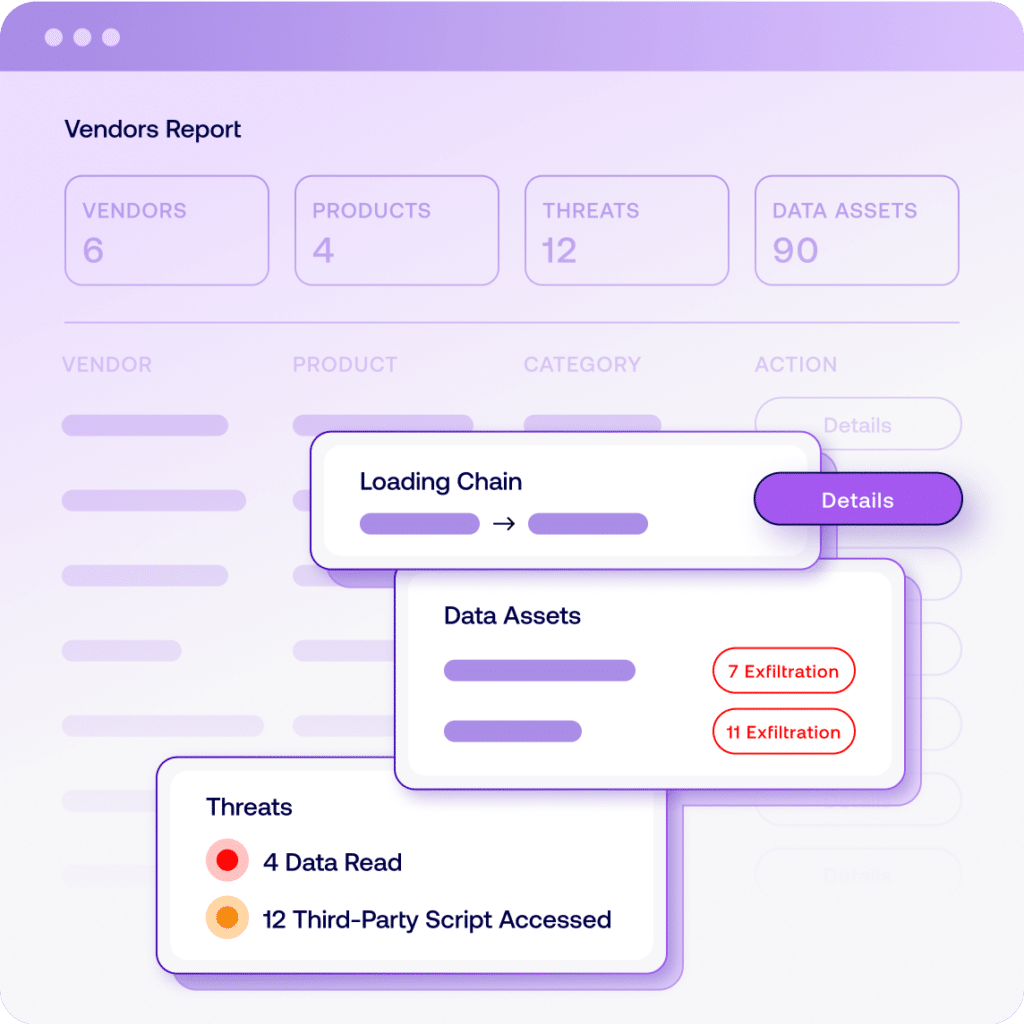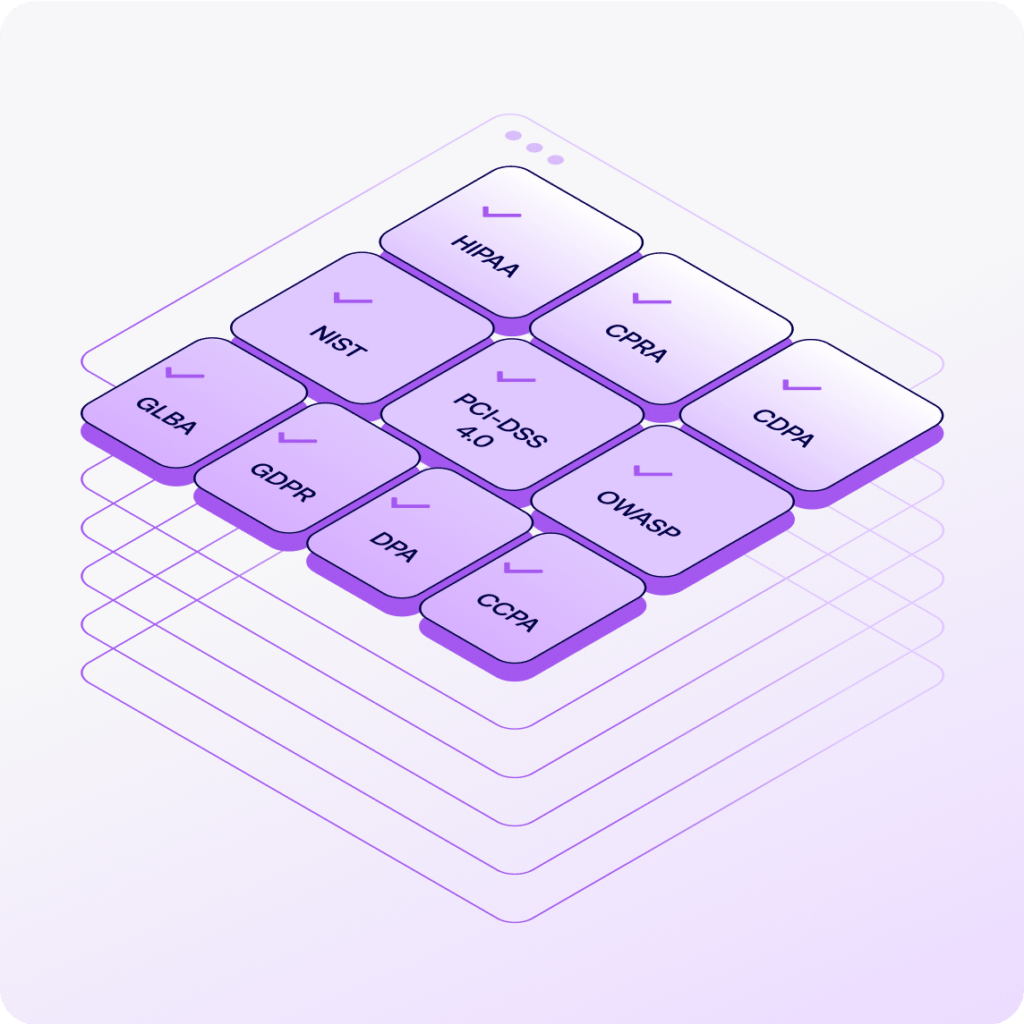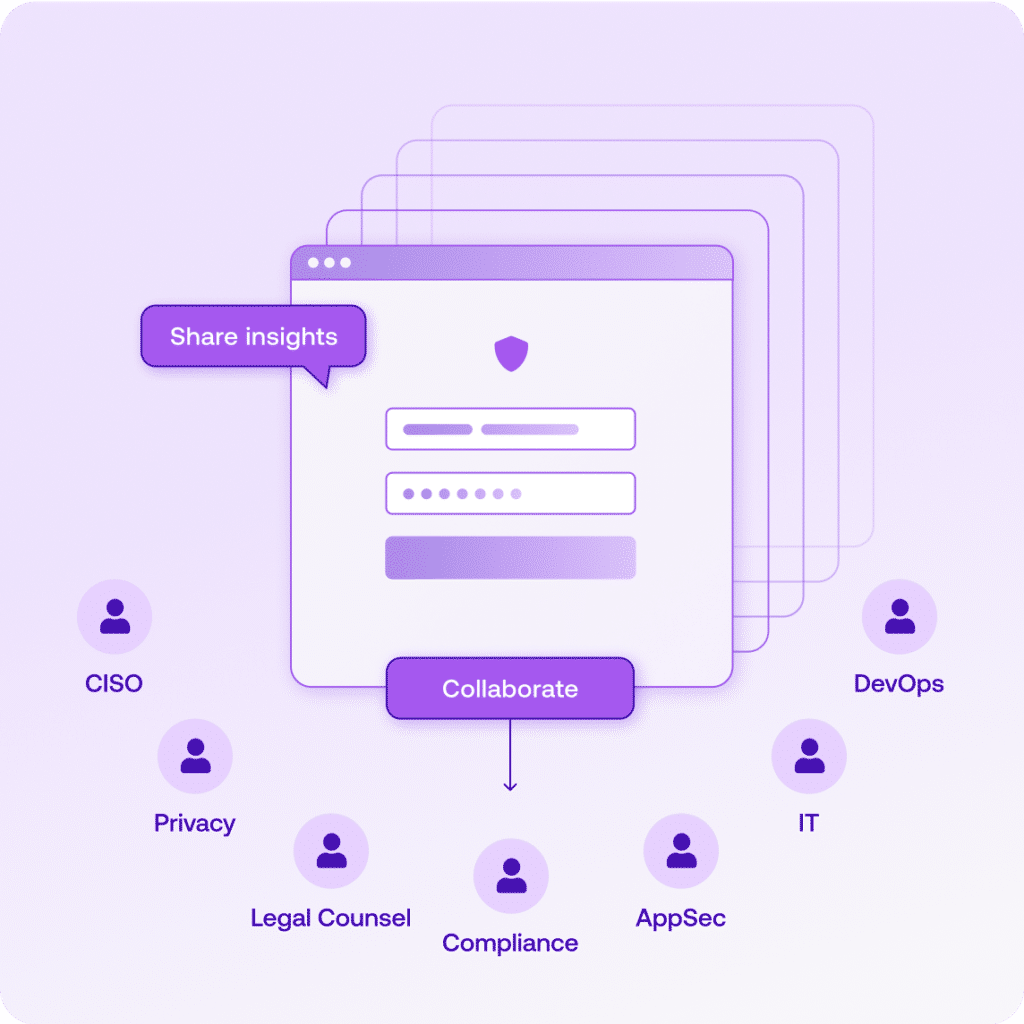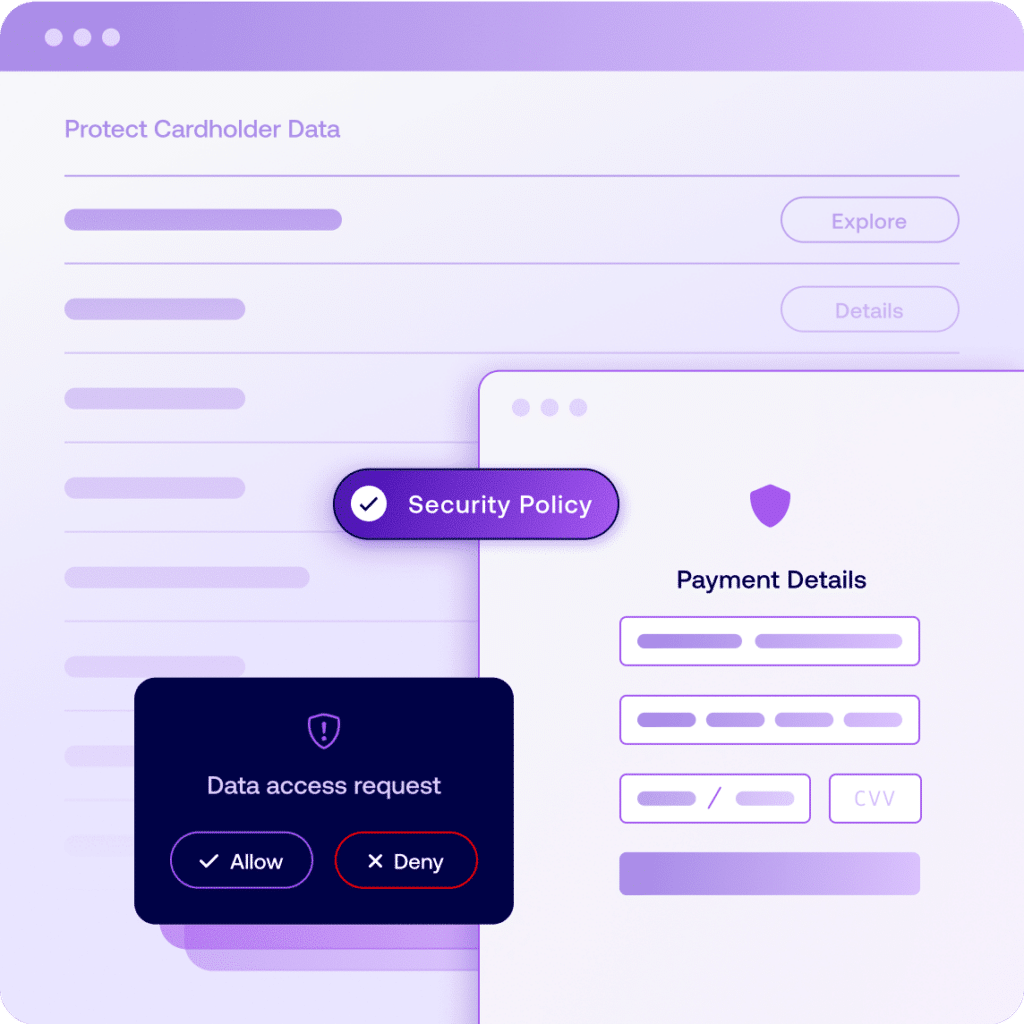Your website might be leaking
private and sensitive health data.
95% of healthcare websites use online trackers and pixels to boost marketing efforts. But trackers can also collect confidential and sensitive data from patients. Left unchecked, this leaves patients susceptible to data theft and is in direct violation of HIPAA and other regulations governing health information.
Don’t be left vulnerable to costly risks.
Get your healthcare website
secure and compliant.
1.
Start Free Assessment
Get your website analyzed to know what security threats you face.
2.
Review Results & Action Plan
See results on a live video call where we’ll share insights and recommendations
3.
Launch & Get Protected
Experience the power and protection of the Feroot web platform. Our team sets it up without you having to do anything.
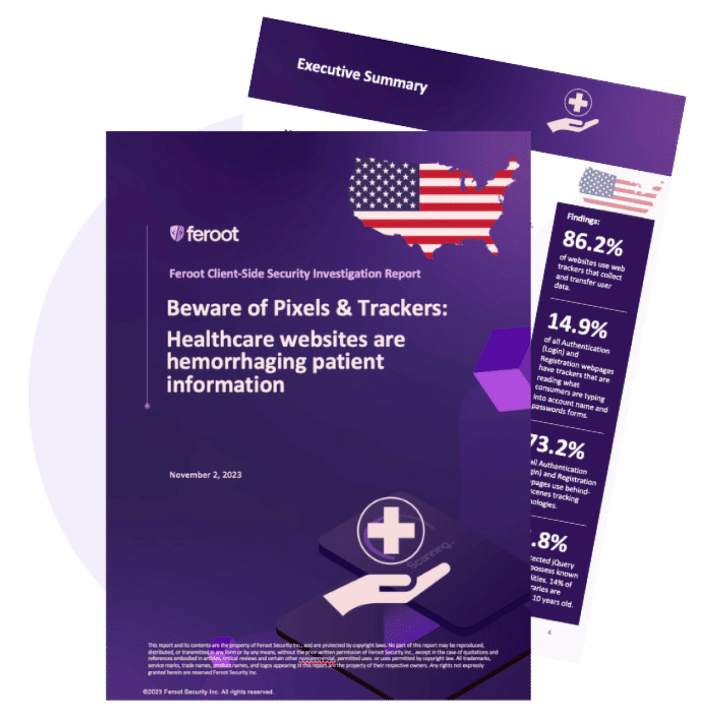
FREE DOWNLOAD:
Get Beware of Pixels and Trackers Report to review Blindspots that increase Privacy and Security Risks.
Discover the ways data brokers are using your website to collect private information from your customers, and what to do about it.


